HOW ALLERGIES TRIGGER SINUS PROBLEMS
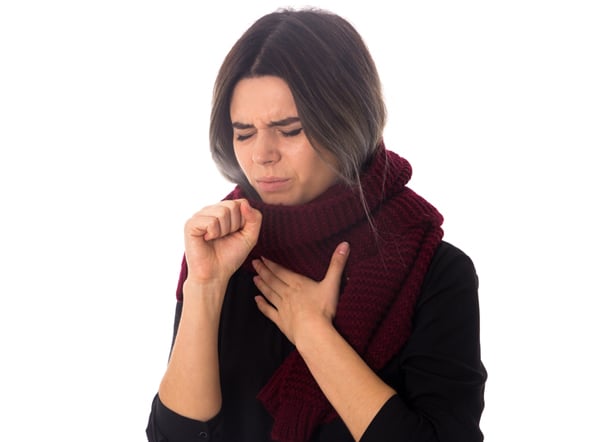
Allergens (allergy-causing substances) cause an immune system response throughout the body, but especially in the nasal regions of the face. These allergy symptoms can include sneezing, itchy, watery eyes, and a runny nose. As part of this response, nasal passages become inflamed and swollen. If the nasal congestion blocks the drainage of your sinuses, sinus congestion and pain can follow.
WHICH SINUSES ARE CAUSING YOUR SINUS PAIN?
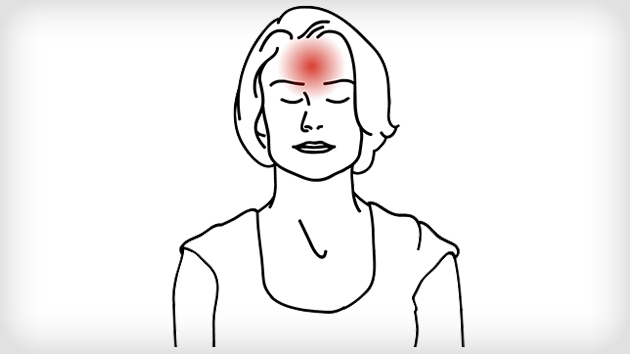
Frontal
in your forehead, vary greatly in size
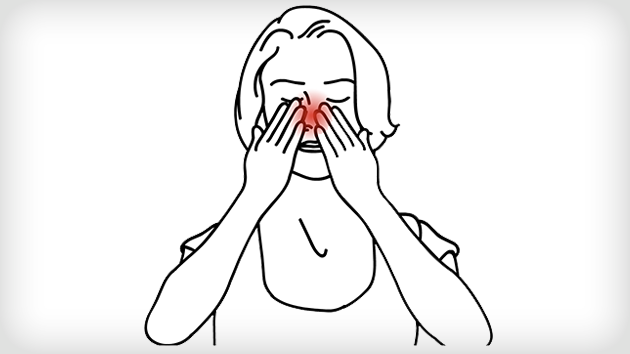
Ethmoid
behind your nose and between your eyes, about the size of a matchbox
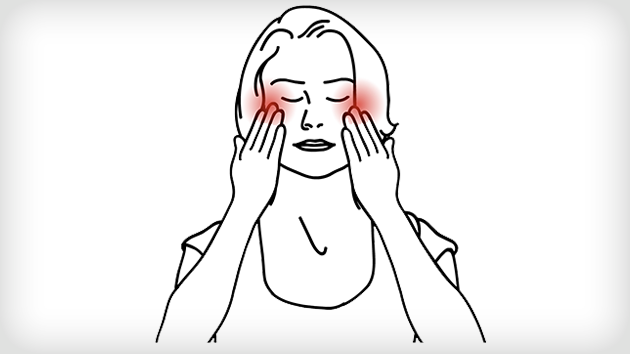
Maxillary
behind your cheekbones, between the bottom of your eyes, and the top of your upper jaw, about the size of a large walnut
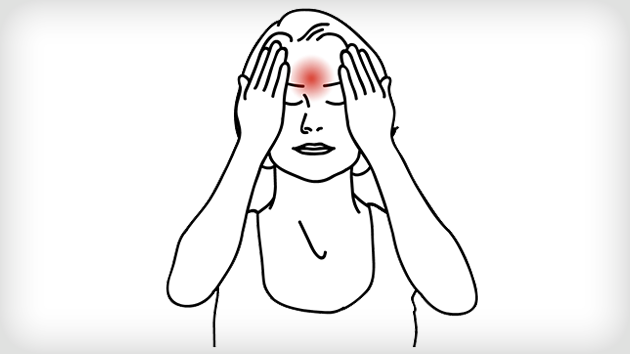
Sphenoid
deep in your head behind your nose, about the size of a large grape
TIPS FOR ALLERGY RELIEF
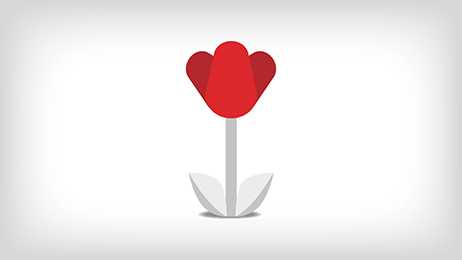
Track Pollen.
Weather services such as the local news often have pollen forecasts. If you are sensitive to these allergens, seek out these seasonal allergy reports.
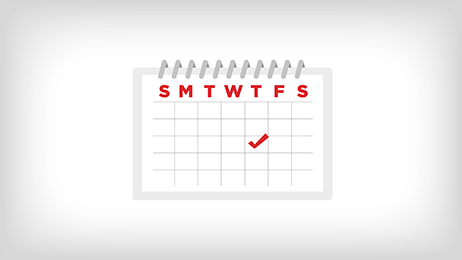
Plan Your Day.
When you know allergens in the air will be high, stay inside or limit your exposure to the outdoors during certain seasonal periods of the year. The best time to go outside is after it has rained.
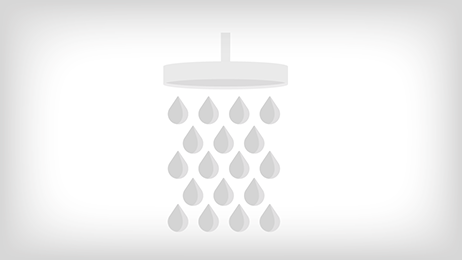
Wash the Allergens Away.
When you come inside, change clothes and consider taking a shower to remove allergens from your hair and skin. If not immediately, do this before sleeping so that you do not transfer allergens to your bed.
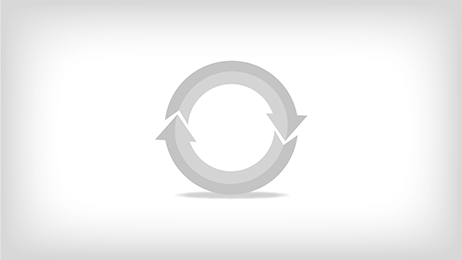
Condition Your Air.
Air conditioners, especially when set to recycle internal air, can help limit outdoor allergens. Open windows can let allergens in.
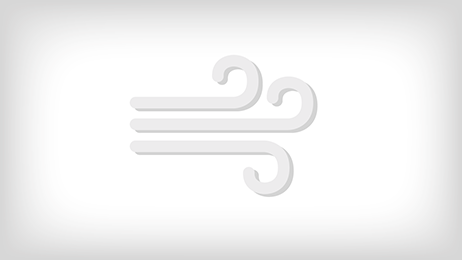
Filter your Air.
A portable HEPA (high-efficiency particulate air) filter at home or work can help reduce allergies and the allergens in the air around you.
Consider taking an allergy medicine, like an antihistamine, and decongestant.
A combination medicine can help relieve the symptoms of your allergies and help drain your sinuses.
